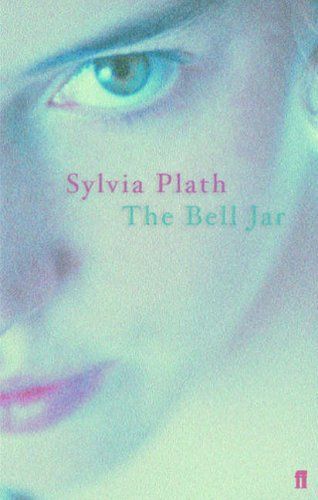
The Bell Jar
I was supposed to be having the time of my life. When Esther Greenwood wins an internship on a New York fashion magazine in 1953, she is elated, believing she will finally realise her dream to become a writer. But in between the cocktail parties and piles of manuscripts, Esther's life begins to slide out of control. She finds herself spiralling into serious depression as she grapples with difficult relationships and a society which refuses to take her aspirations seriously. The Bell Jar, Sylvia Plath's only novel, was originally published in 1963 under the pseudonym Victoria Lucas. The novel is partially based on Plath's own life and descent into mental illness, and has become a modern classic.
Reviews
tink 😵💫⭐@eternallysargent
Bulan@bulanraina
Olivia Rousseau @livluvlaugh
jana @osnapitzjana
evie coxon@eveicoxon
akshita@akuuzky
Essence@iridessence
Manis@maniconsal
sundus@16nnovs
Alisha@trippytour
micaela@isthismica
Mdy<3@mdy717
march🐇@sorvalz
jen@seastruck
hessensitive@hessensitive
Alma@burningjellies
joana ashley@whaliensong
Gladys Marcos@gmarc
Throckmorton@throckmorton
emmy @esprkl
Rocío de la Hera@rdlhbooks
julia@lulus881
willow belle@willowbelle
Ghofran Mustafa @ghfooo
Highlights
Cecilie Spangsberg@ceciliespangsberg
Page 27
Cecilie Spangsberg@ceciliespangsberg
Page 17
Cecilie Spangsberg@ceciliespangsberg
Aina@ainer
Page 65
Aina@ainer
Page 23
Aina@ainer
Page 18
Aina@ainer
Page 3
jw@jwlo
jw@jwlo
akshita@akuuzky
Page 75
Sophía Allan@shoppy
Page 82
Sophía Allan@shoppy
Page 73
Karola@karoladenis
Page 95
Iris van der zanden@irisvdz
Page 233
Iris van der zanden@irisvdz
Page 227
nullptr@nullptr
micaela@isthismica
Page 95
n. littéraire@machinegun
micaela@isthismica
Page 48
hessensitive@hessensitive
hessensitive@hessensitive
hessensitive@hessensitive
hessensitive@hessensitive
hessensitive@hessensitive